A Federal District judge appointed by former President Donald Trump last week dismissed criminal charges against an individual for illegally possessing a machine gun.
The judge in the case cited a constitutional right to carry this kind of weapon as a reason for the dismissal. Experts speculate that if this ruling is upheld on appeal it could threaten machine gun bans across the country.
Judge’s Ruling

U.S. District Court Judge John W. Broomes in Kansas dismissed the charges against Tamori Morgan after his indictment by a federal grand jury last year.
“The court finds that the Second Amendment applies to the weapons charged because they are ‘bearable arms’ within the original meaning of the amendment,” Judge Broomes wrote in the ruling.
What Does the Second Amendment Say?

The Second Amendment states, “A well regulated Militia, being necessary to the security of a free State, the right of the people to keep and bear Arms, shall not be infringed.”
The issue is that this can be open to interpretation. “To keep and bear arms” could be extended to a person in possession of a machine gun, as the amendment doesn’t say whether this type of firearm can be excluded from the amendment or not. Different people will have various opinions and interpretations of this.
Government Failed Its Burden

In the ruling, Broomes asserted that federal prosecutors had failed to make a case for why these weapons are banned by the Second Amendment in the wake of a recent Supreme Court ruling.
The government “fails to meet its burden to demonstrate that possession of the types of weapons at issue in this case are lawfully prohibited under the Second Amendment,” Broomes wrote.
Bruen Case
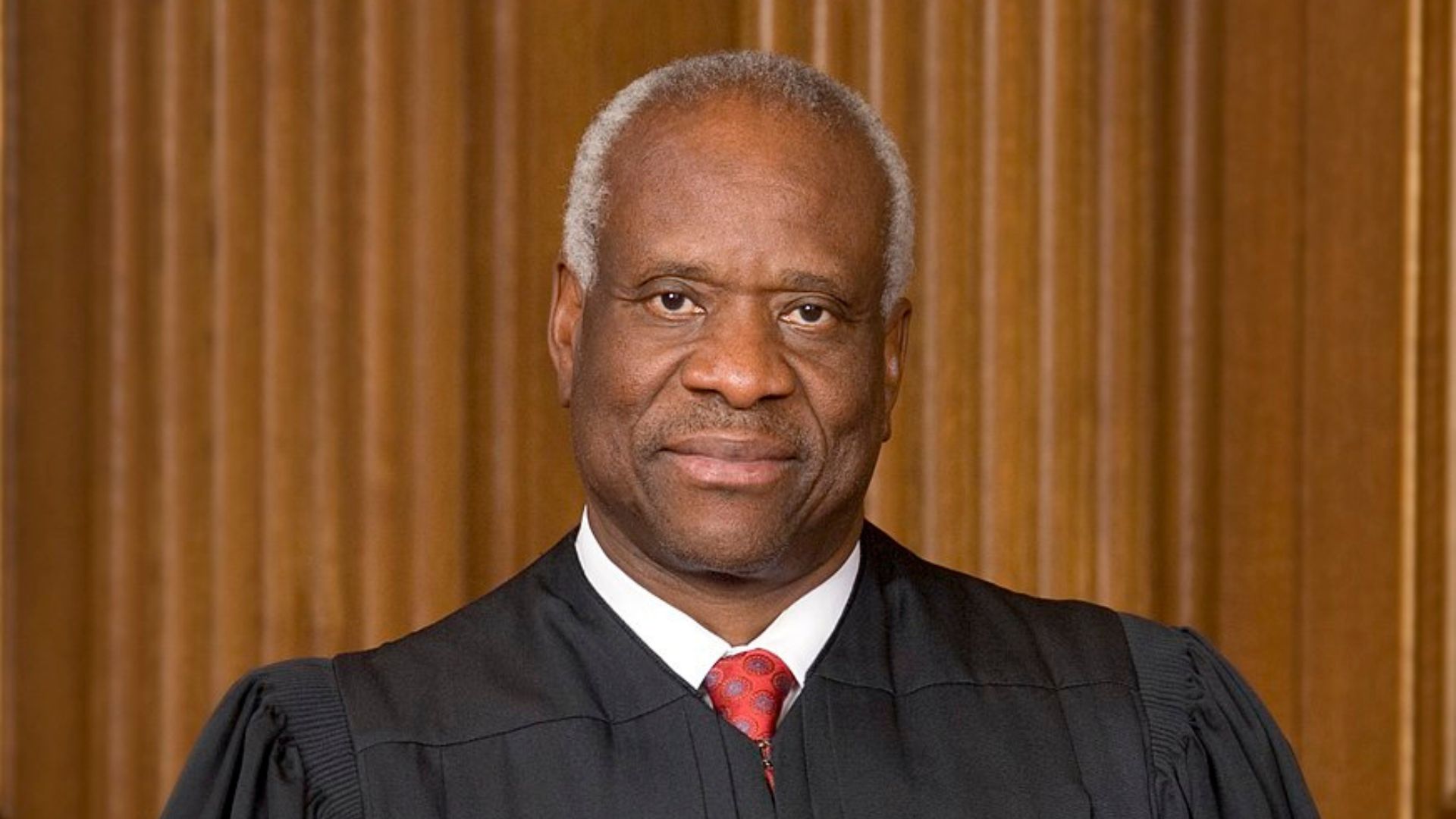
Broomes cites precedent from a recent Supreme Court decision known as Bruen that solidified a standard that firearms regulation in the United States must follow a consistent historical tradition.
“The government must demonstrate that the regulation is consistent with the Nation’s historical tradition,” Justice Clarence Thomas wrote in the majority opinion of Bruen.
Details of the Case
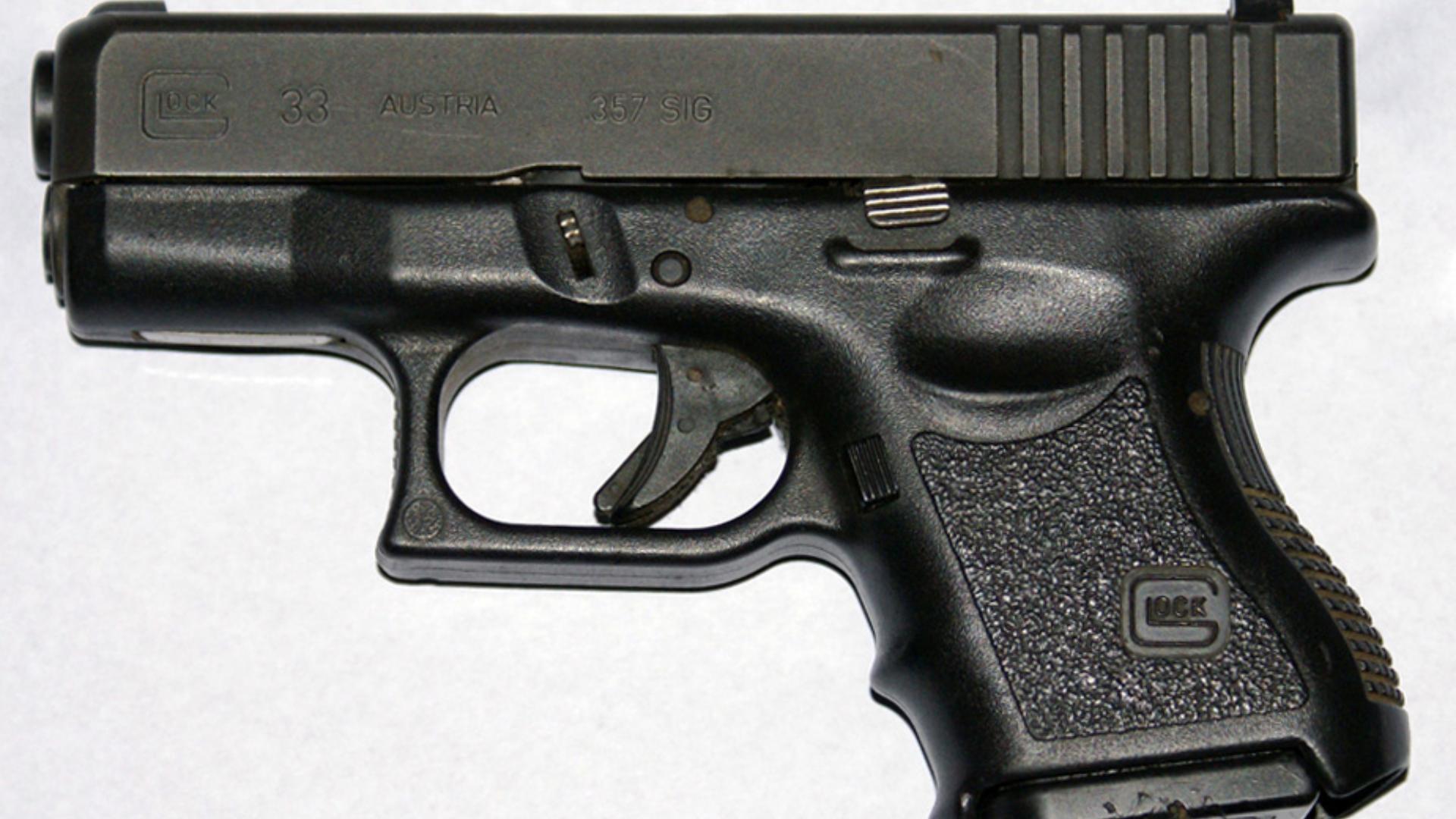
Morgan was charged with the possession of an AM-15 .300-caliber machine gun and the possession of a conversion device colloquially known as a “Glock switch” for a Glock 33.
This device, which attaches to the slide of the Glock 33 in his possession, could increase the rate of fire so it could act like a machine gun.
Possession vs Terror
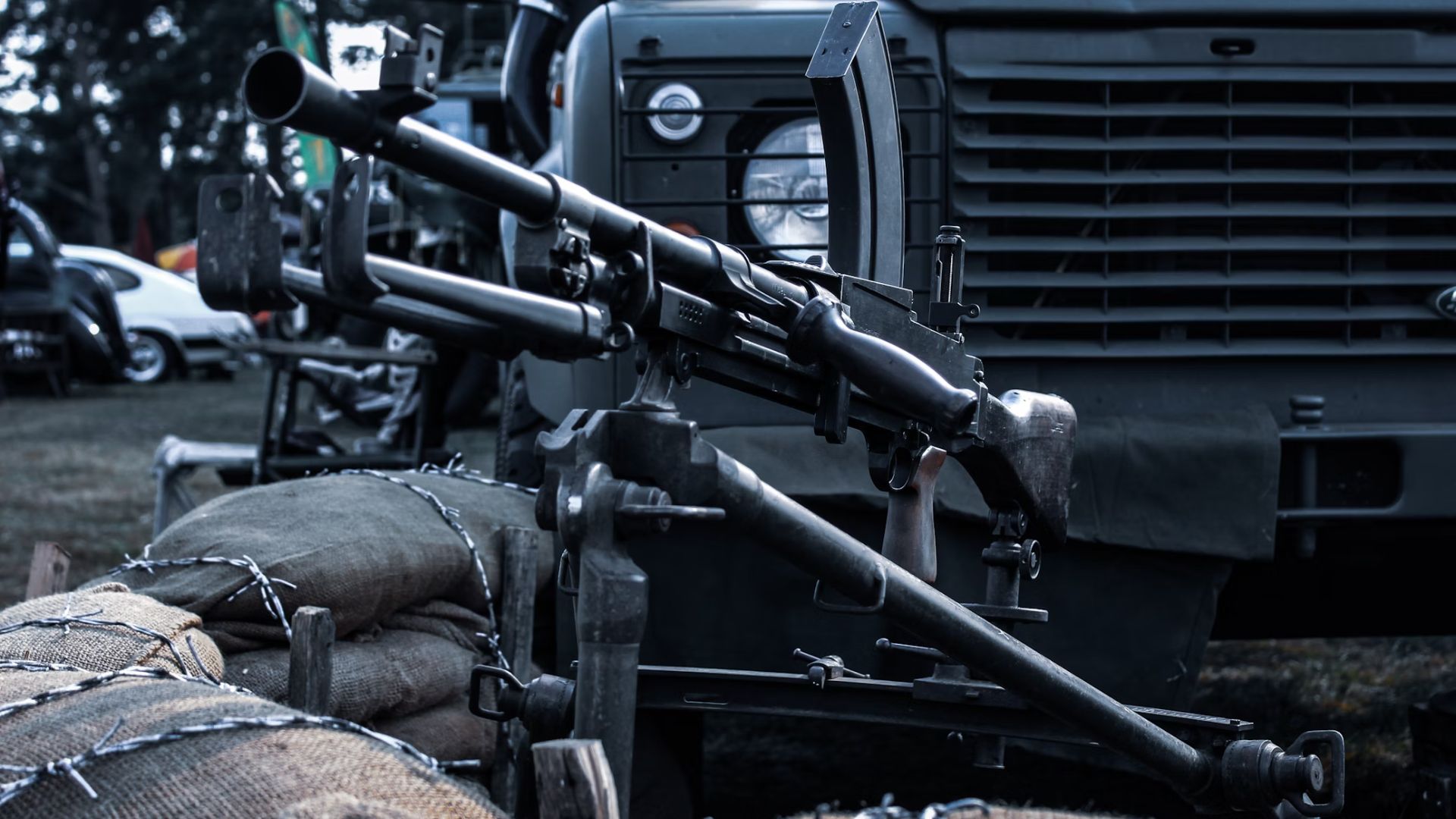
Laws were put in place in the 1700s and 1800s to prevent the use of this kind of weapon, but Broomes didn’t believe that Morgan was using it as a way to start a reign of terror on the streets of America.
Broomes believed he was simply in possession of one, something that these historic laws don’t account for. As such, the ruling went in Morgan’s favor.
Federal Charges

The defendant in the case was charged with two counts of illegal machine gun possession under 18 U.S.C. § 922 (o) of the United States Legal Code.
This provision in federal law makes it illegal to engage in interstate or foreign commerce with firearms unless someone can meet specific requirements like a license, and section (o) specifically makes it unlawful for “any person to transfer or possess a machinegun” with limited exceptions.
What Federal Law Says
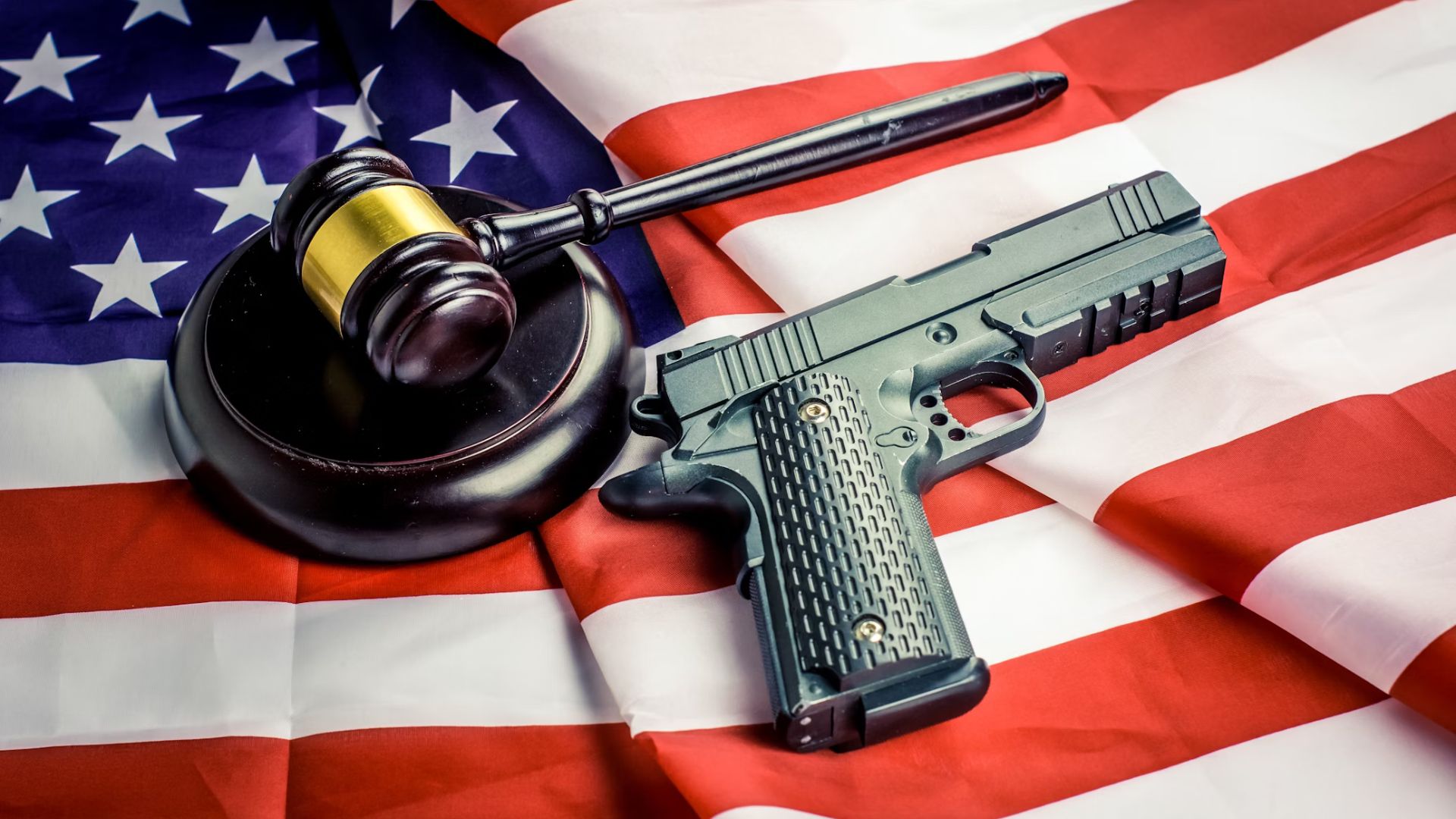
According to federal law, the possession of machine guns that were produced after 1986 is prohibited. However, if someone has a machine gun produced before 1986, they need to be registered and in receipt of special taxation.
Federal law also sees owning a machine gun conversion device in the same way as it sees machine guns. Regardless of whether the device is attached to the gun or not, violating this law can be punishable by up to 10 years in prison.
3D-Printed Conversion Devices
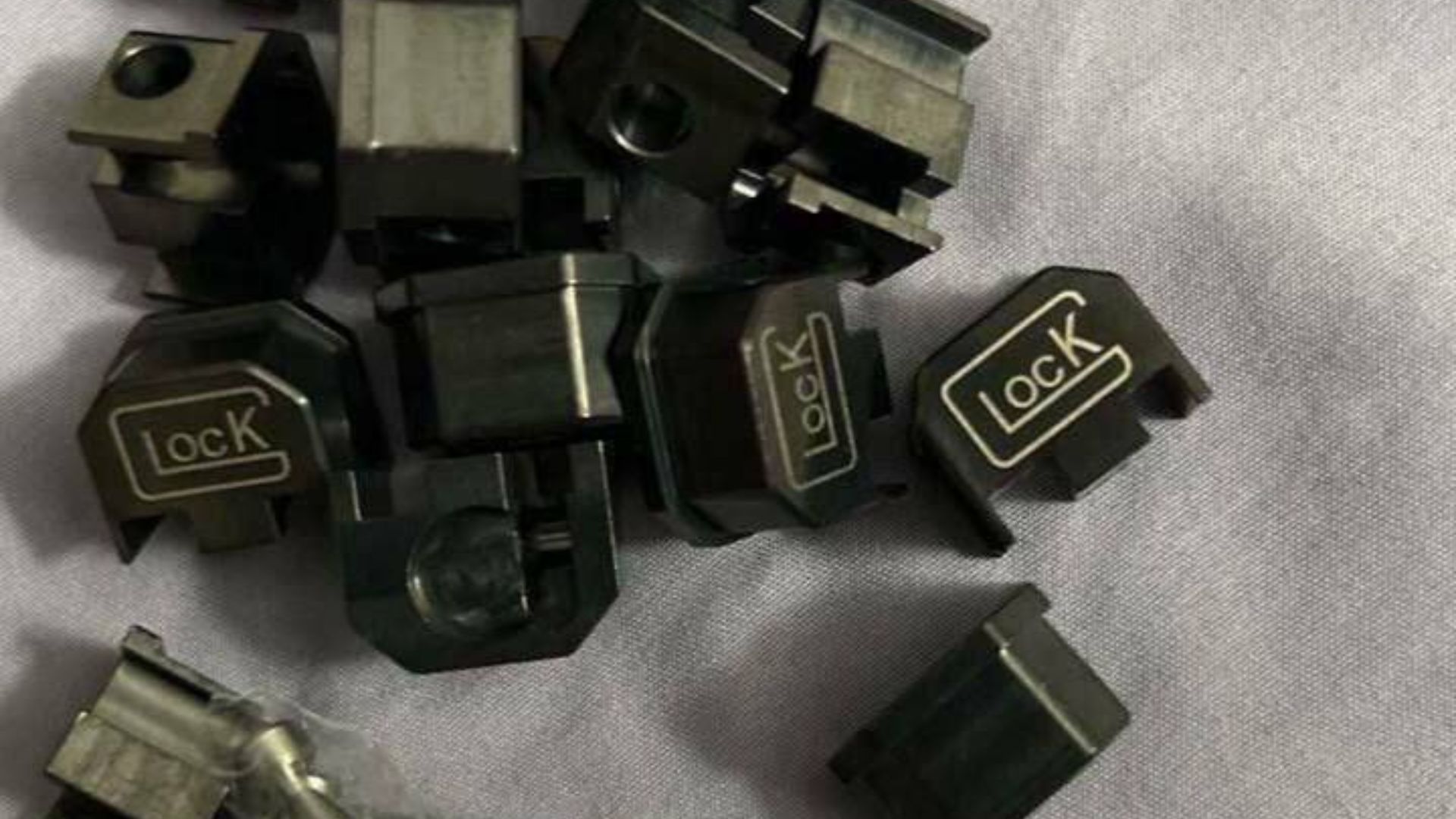
One of the main issues for the government is that people can acquire a conversion device by using a 3D printer. This creates many issues as the government cannot keep track of who owns these devices.
Many people are using this method so they can own a conversion device; however, the legalities of this are being questioned as it seems to be easier than ever for anyone to own one.
An Increase in Conversion Devices
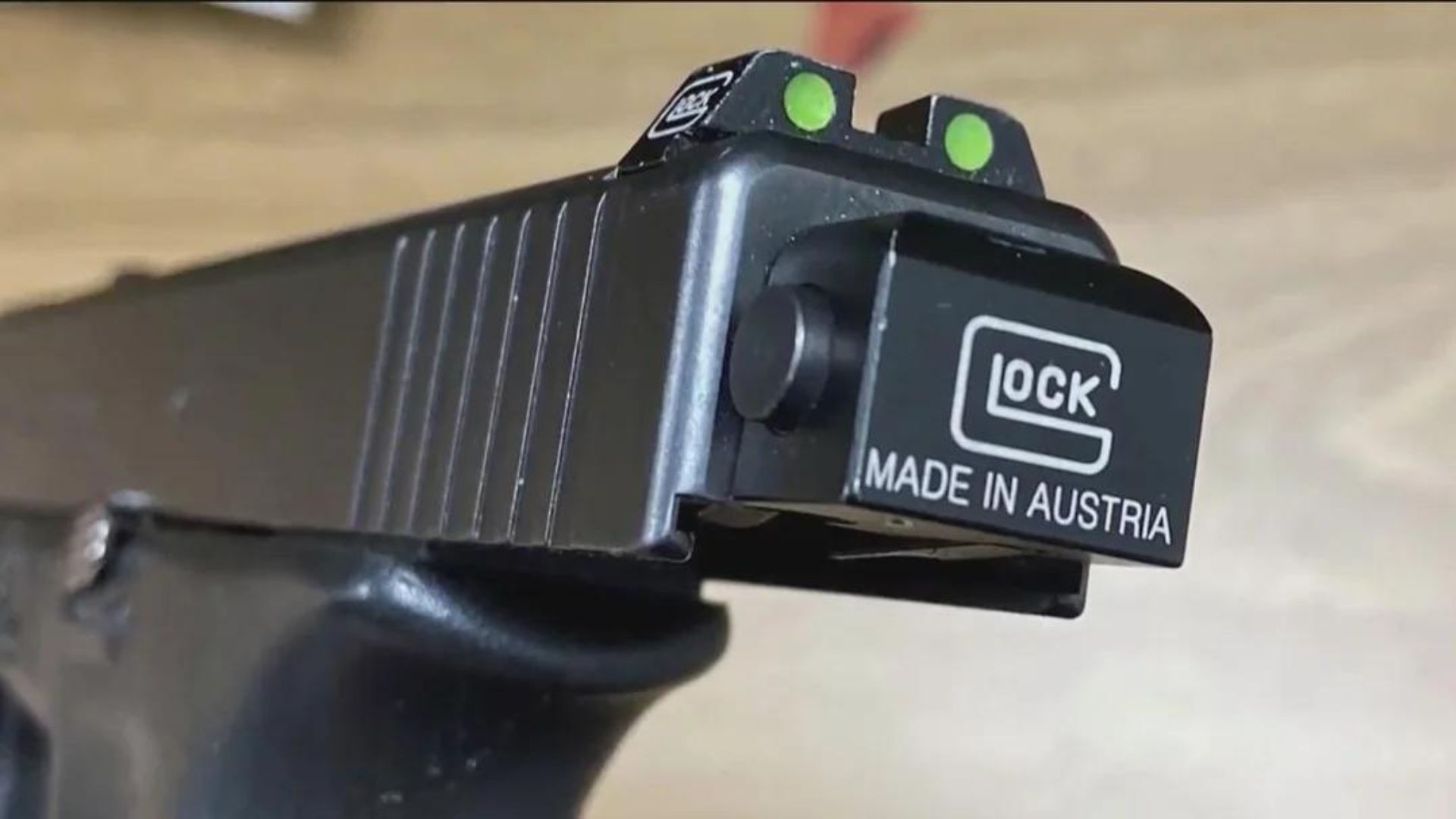
Regardless of whether people have been buying a conversion device or 3D printing them, the Bureau of Alcohol, Tobacco, Firearms and Explosives has reported a 570% increase in the number of these devices being collected by police.
This increase occurred between 2017 and 2021, but there is a lot of worry that this amount will have increased since then and what the implications of this will be.
Conversion Devices Cause Mass Destruction
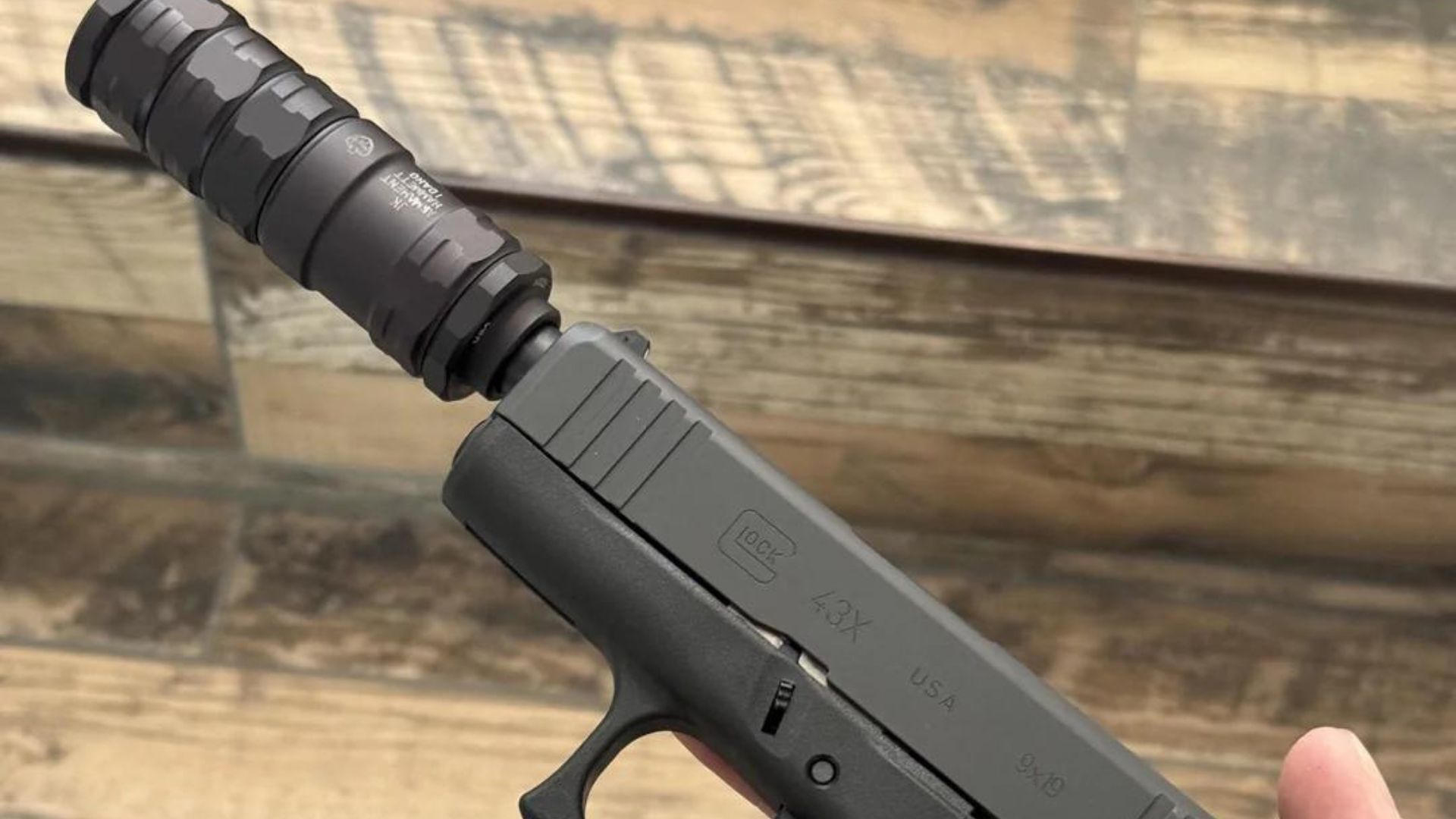
It doesn’t matter how much destruction an assault weapon on its own can cause, as adding a conversion device to the weapon increases the amount of carnage left in its path.
These devices have been used in several mass shootings, such as four deaths at a Sweet Sixteen party in Alabama in 2023. Other mass shootings include six people dying in a bar district in Sacramento, California, in 2022 and a police officer being shot with one in Houston in 2021.
Decrying the Decision

Gun safety advocates have come out to criticize the decision in the case, feeling that a wave of gun violence could be on the horizon.
“It’s appalling that the District Court would so brazenly put the deadly agenda of the gun lobby over the safety of Kansans. We are shocked and dismayed by this decision,” said Janet Carter, senior director of issues and appeals of the gun safety group Everytown Law.
Fueling Gun Violence
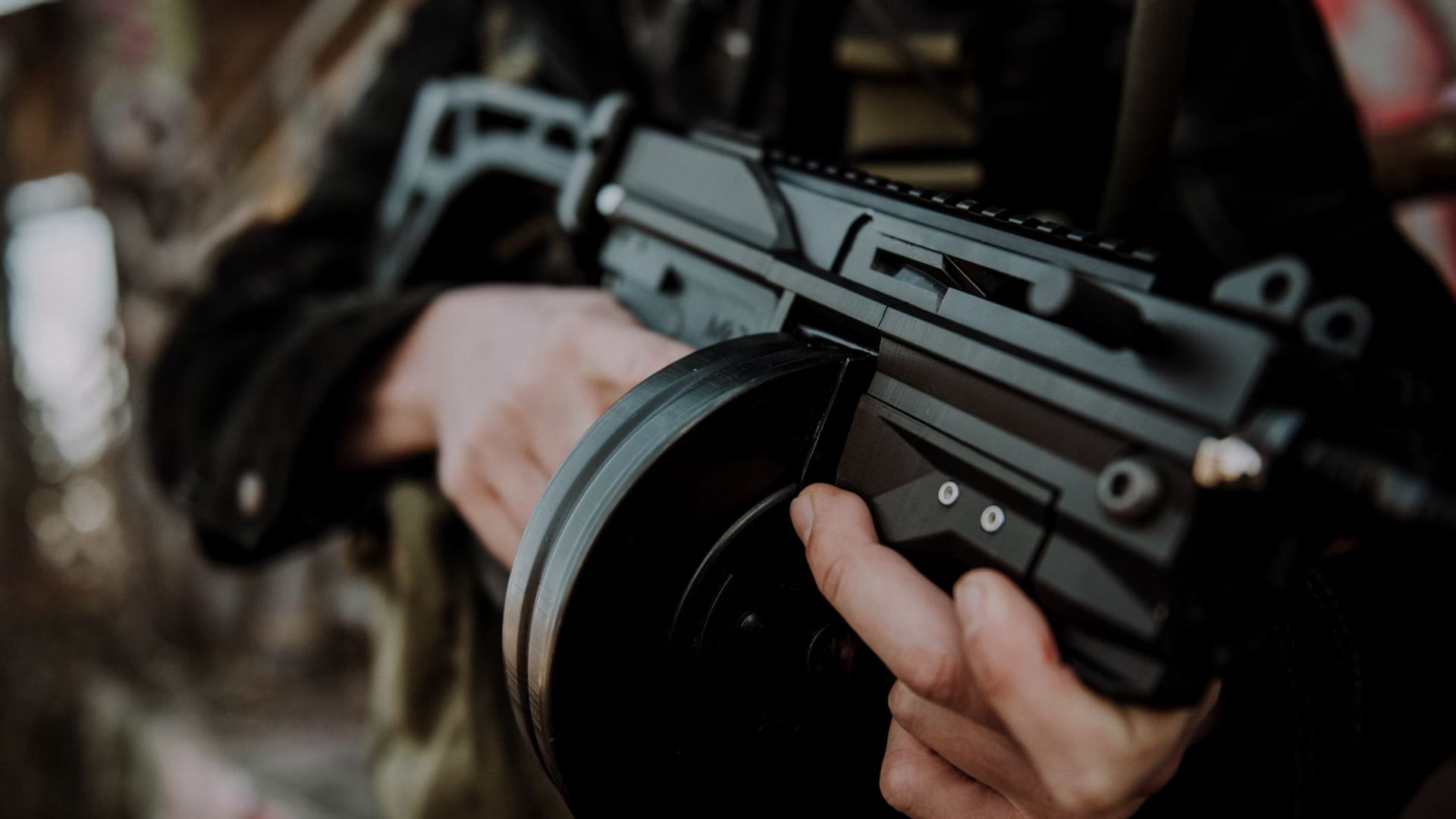
Many people believe that this ruling will have an impact on homemade automatic weapons. Police and prosecutors blame these weapons for an increase in gun violence, so there is some worry that this will be the lasting impact of this case.
Sometimes, people are caught with this type of weapon when it is too late, which is why many had hoped that machine guns would be taken from someone if they were found in possession of one. However, this ruling has set the tone for what people could expect to see in the future.
A Historic Moment
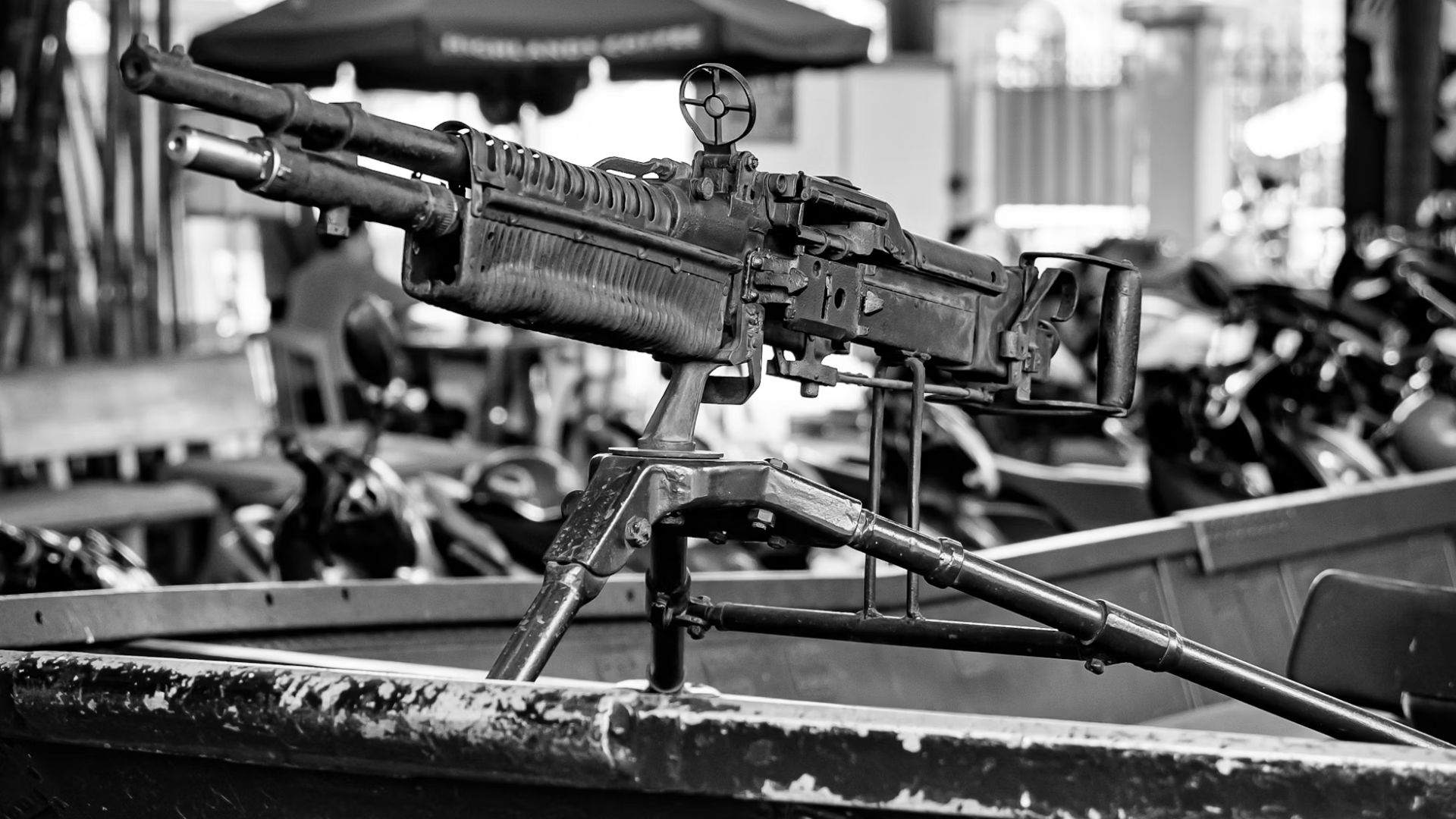
This is a historic moment when it comes to gun rights as it is the first time in history where a ban on machine guns has been found to be unconstitutional.
Many are now worried that this will mean similar cases will end up with the same ruling in the future, with the implications of this being dangerous to U.S. citizens due to the damage that this type of weapon can cause.
Previous Ruling
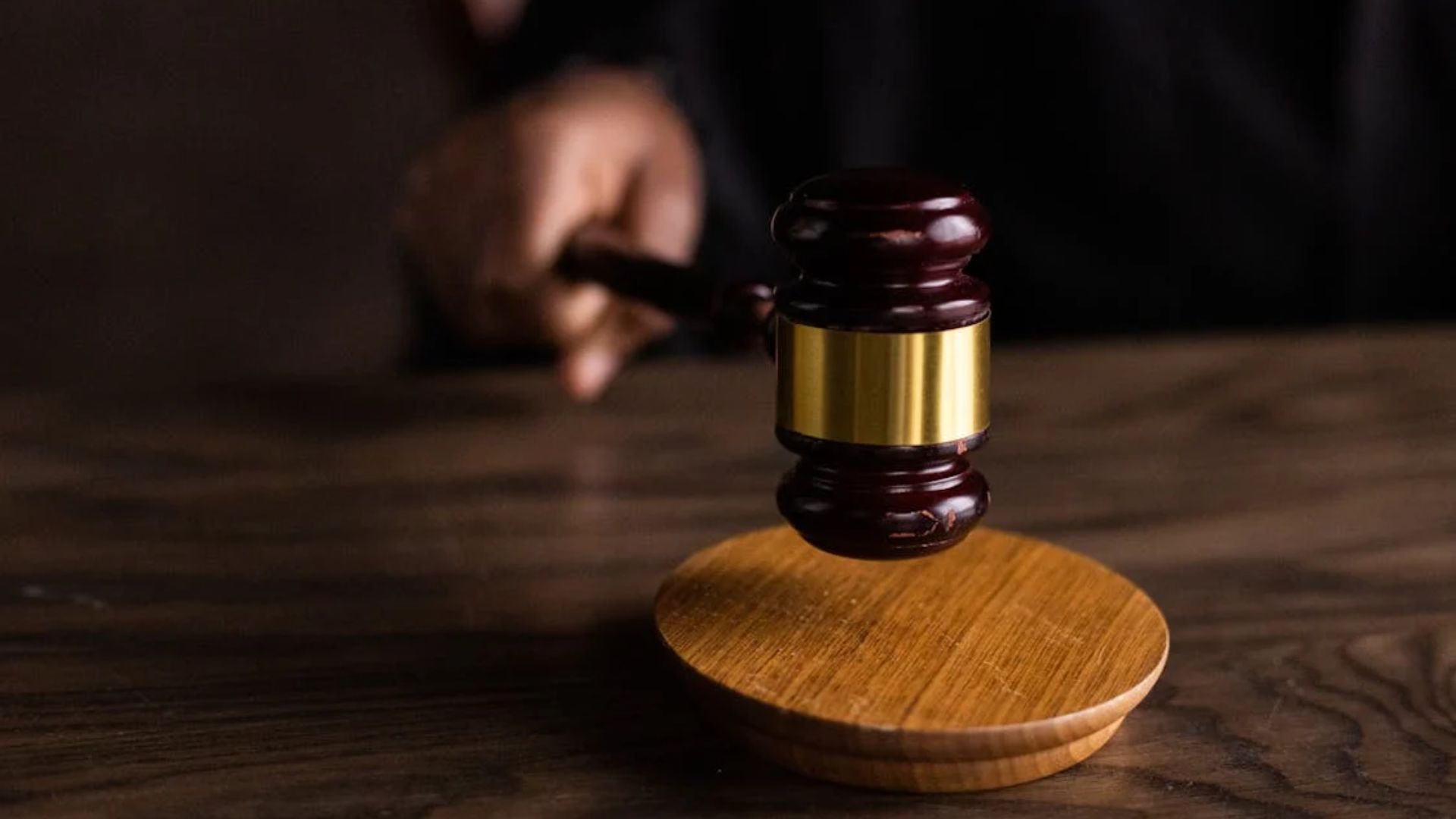
Advocates for machine gun regulation argue that the Bruen case did not displace a previous precedent set in a 2008 case known as Heller that allows the government to ban “dangerous and unusual weapons.”
Under that standard, weapons are only allowed if they are “in common use” and “typically possessed by law-abiding citizens for lawful purposes.”
Startling Implication
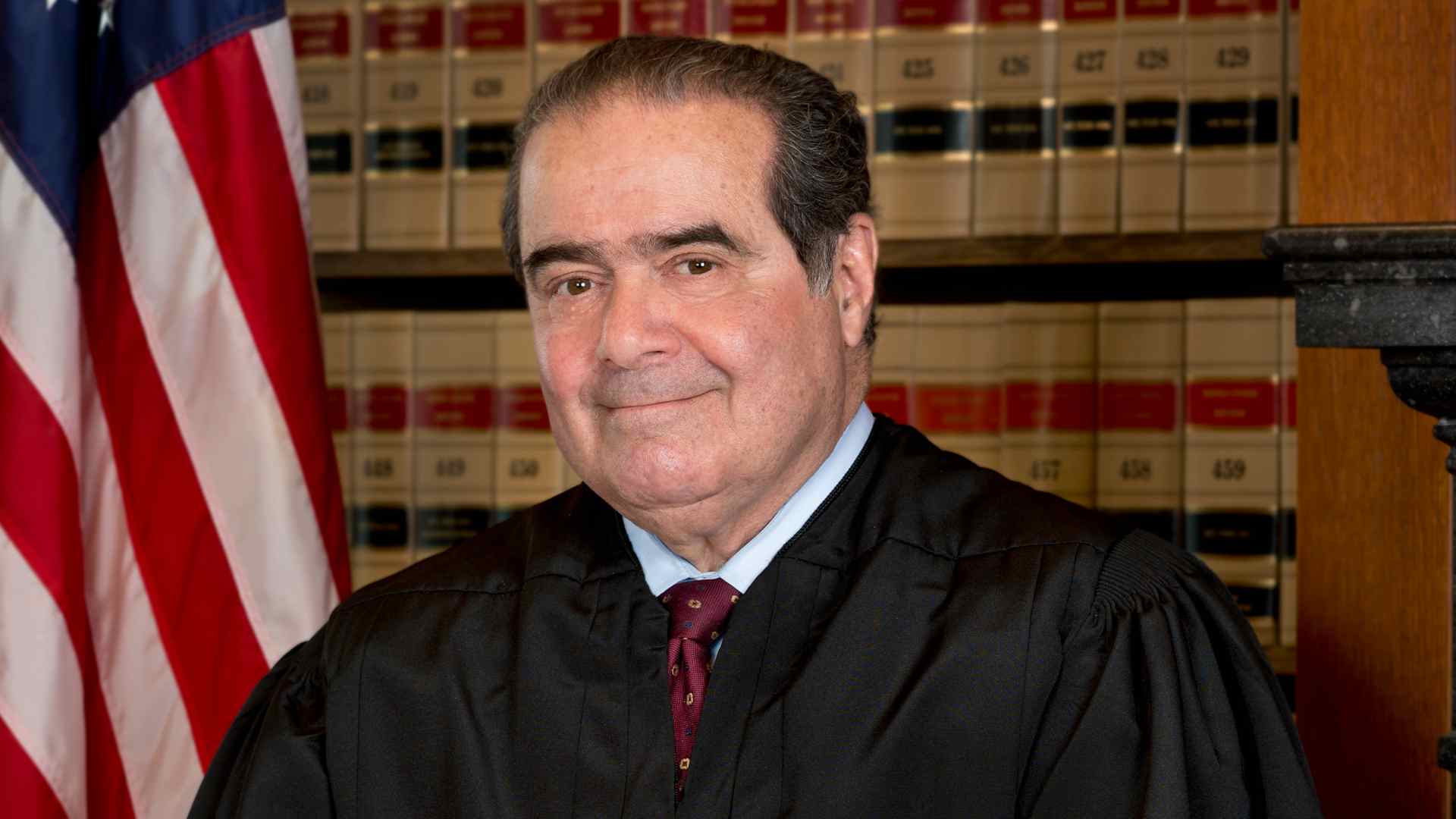
In the majority opinion of the Heller case, written by Justice Antonin Scalia, he comments that a potentially startling reading of a previous opinion could make machine gun restrictions unconstitutional.
“Read in isolation, Miller’s phrase ‘part of ordinary military equipment’ could mean that only those weapons useful in warfare are protected. That would be a startling reading of the opinion, since it would mean that the National Firearms Act’s restrictions on machineguns (not challenged in Miller) might be unconstitutional, machineguns being useful in warfare in 1939,” wrote Scalia.
America’s History With Firearms
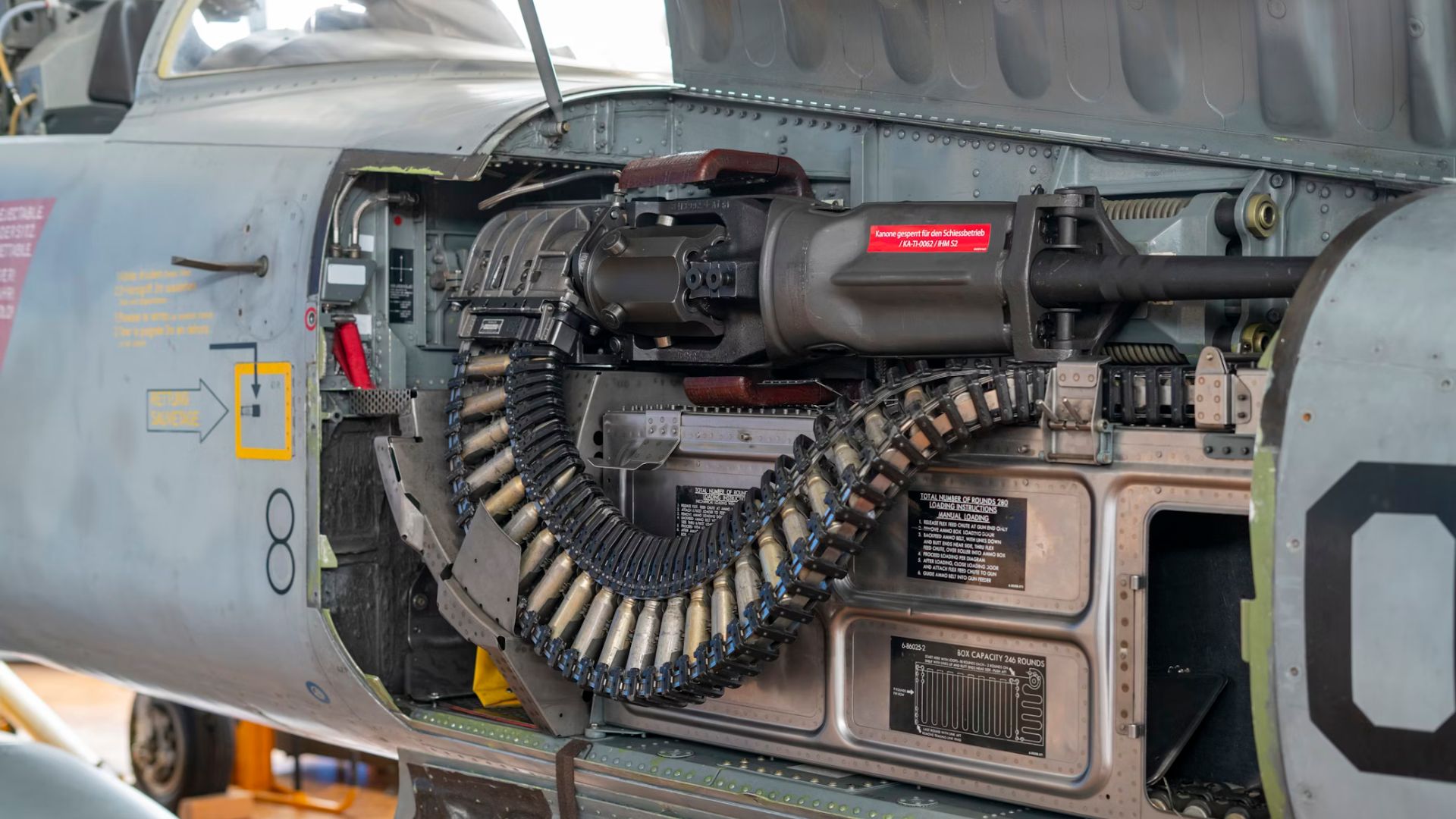
America has a long history of firearms regulations. In addition to the Second Amendment in the U.S. Constitution, Congress first limited the use of machine guns in the National Firearms Act in 1934.
This was enacted because criminals used machine guns during the Prohibition Era. Congress then decided to ban the possession of any machine guns that hadn’t been lawfully possessed before 1986.
Previous Assault Weapon Bans
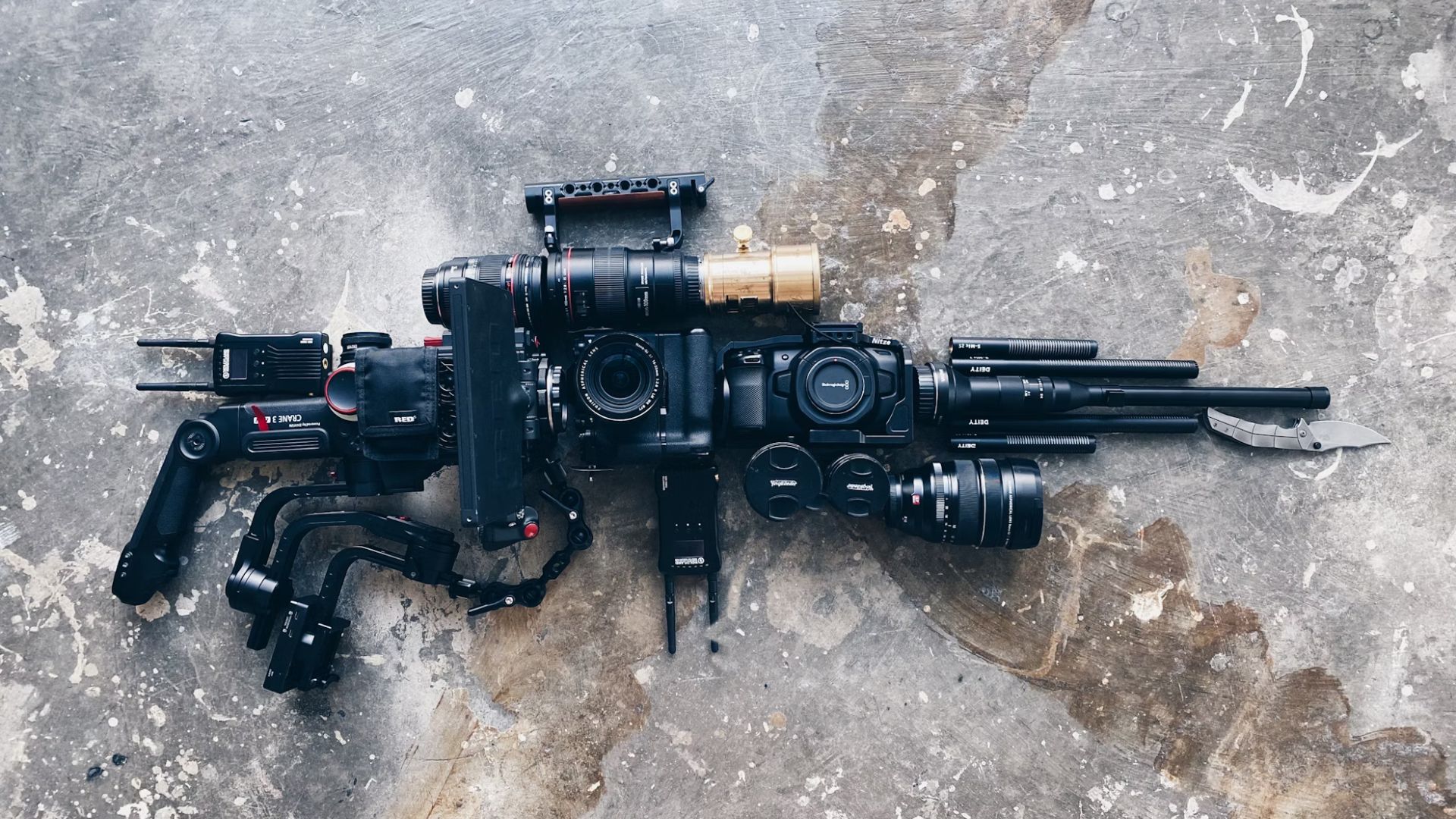
Other assault weapon bans have previously been put in place. In 1994, the Violent Crime Control and Law Enforcement Act included a limited assault weapon ban. However, this wasn’t renewed 10 years later, so the ban went nowhere.
More recently, there was a 2023 Assault Weapons ban that Democratic Senator Diane Feinstein introduced. Despite gun safety advocates’ hopes for this ban, it also ended up going nowhere.
Ruling Implications
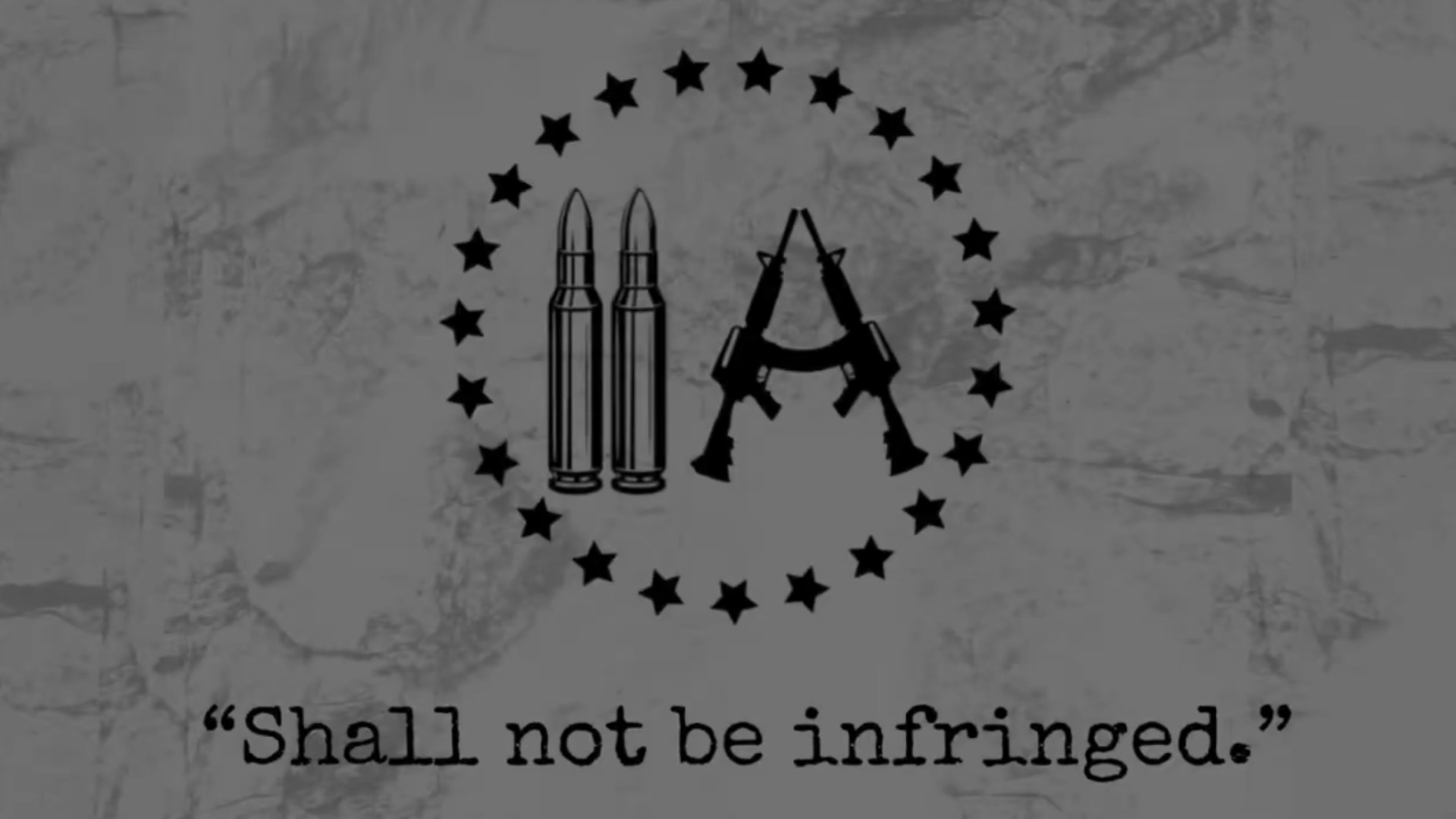
Jacob Charles, an associate law professor at Pepperdine University and Second Amendment expert feels that the Bruen case lets judges interpret the way they want to read the Constitution.
“It gives lower court judges the ability to pick and choose the historical record in a way that they think the Second Amendment should be read,” Charles told the Associated Press.
The Donald Trump Effect
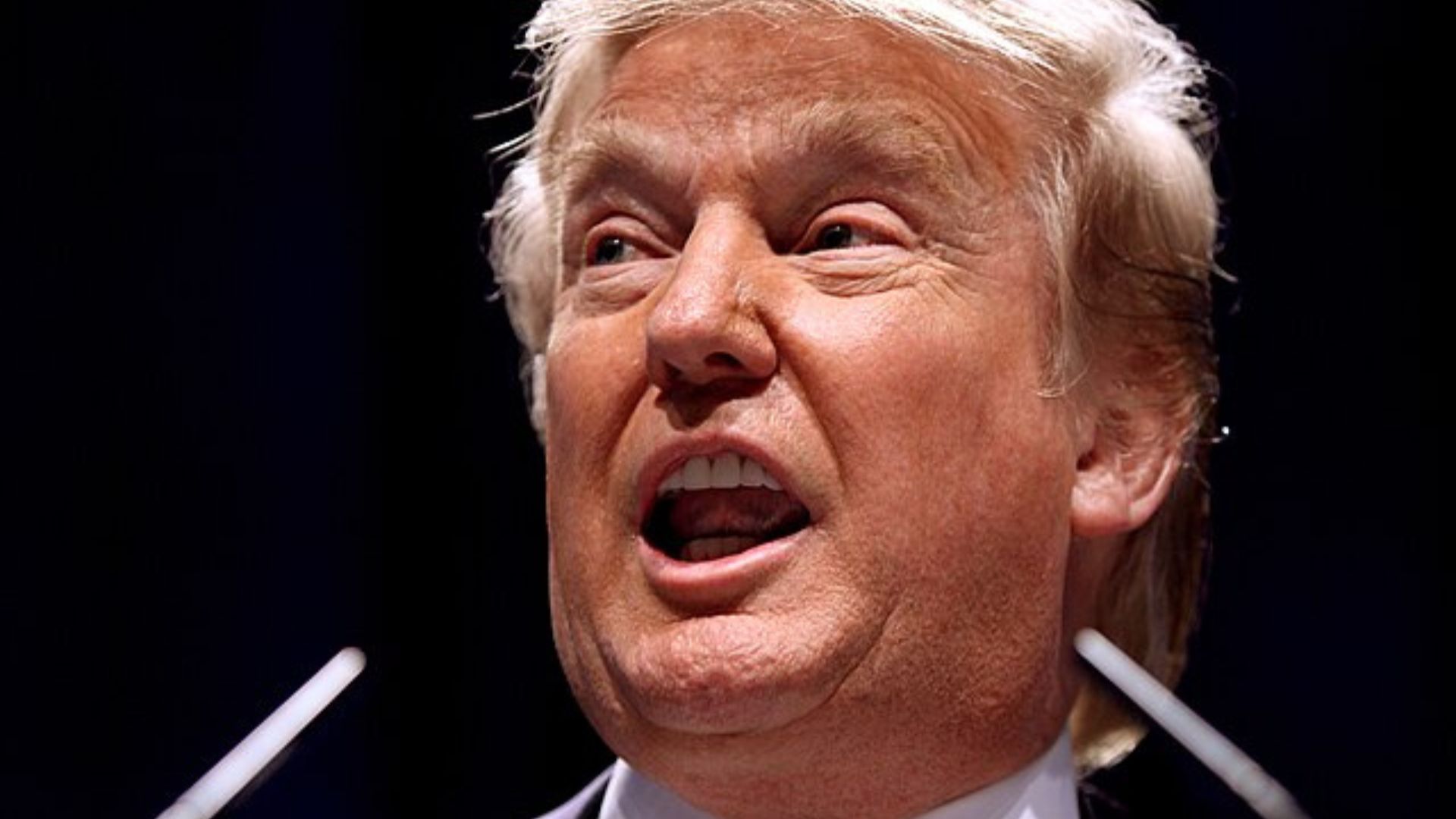
Broomes was appointed to this position by former U.S. President Donald Trump, which shows the effect that Trump has had on U.S. courts and the law in general.
The Supreme Court has a Republican majority, which seems to have been followed in the lower courts, especially in this case. It also shows how the high court has expanded gun rights, with this potentially having broader implications for future cases.
The Supreme Court and the Government
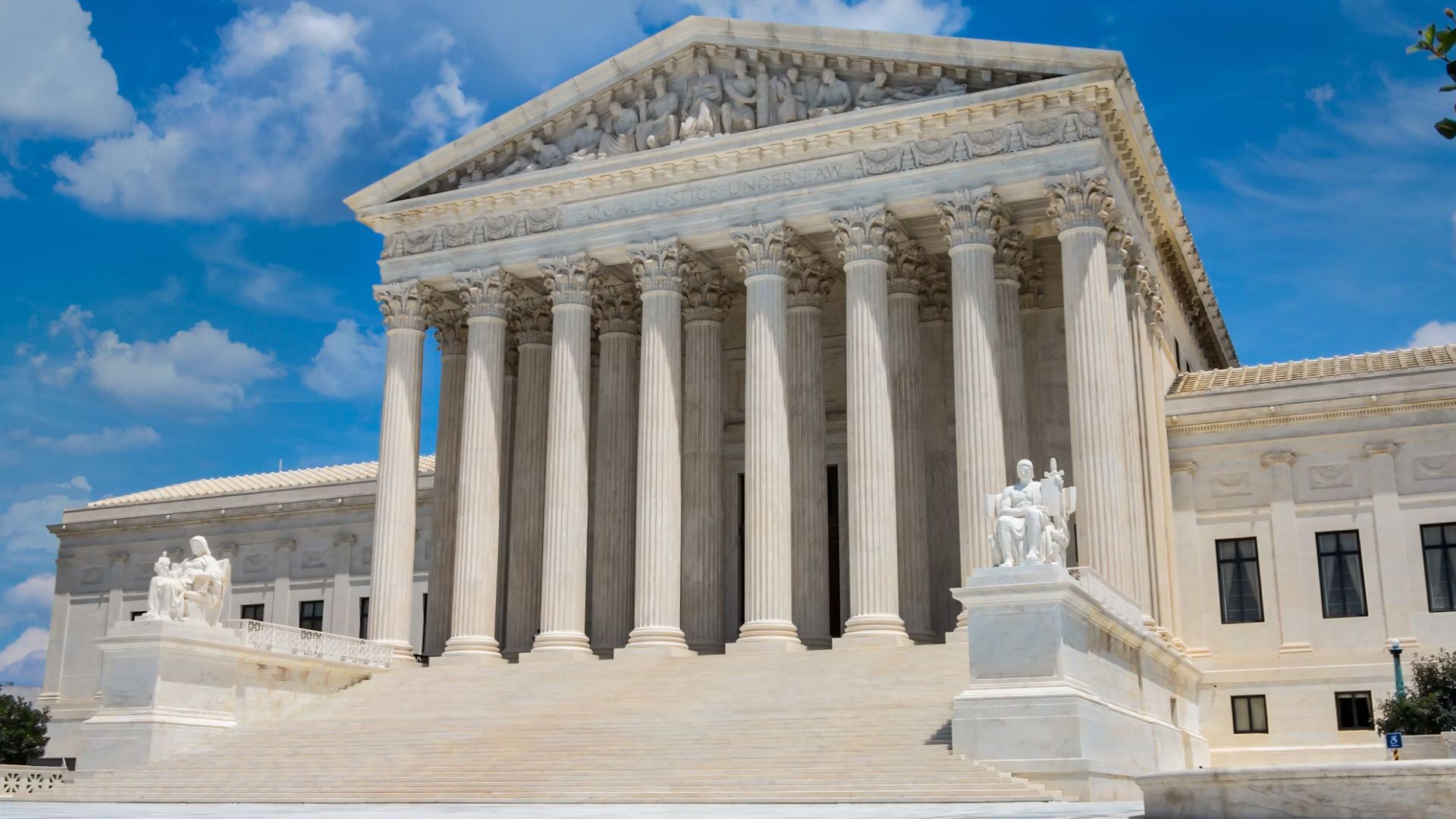
Despite the Supreme Court containing Justices that are mostly Republican, there is every possibility that it could side with the government if this case were to reach them.
In the United States v. Rahimi case, the Supreme Court ruled in an 8-1 decision to uphold gun restrictions on those with restraining orders for domestic violence. This suggests that the court might go against the district court’s decision.
Overturn on the Horizon

Charles asserted his belief that this ruling by Broomes would be overturned, thinking that Supreme Court precedent is too strong on the subject of machine gun regulation.
Gun rights advocates in the United States have been pushing a multitude of cases to try to broaden the right of Americans to own firearms in the wake of the Bruen decision.
First in History

Eric Ruben, an associate law professor at Southern Methodist University, told AP he feels the decision will be overturned, noting the uniqueness of the ruling.
“As far as I know, this is the first time in American history that a machine gun ban has been found unconstitutional in its application,” Ruben told the AP.
